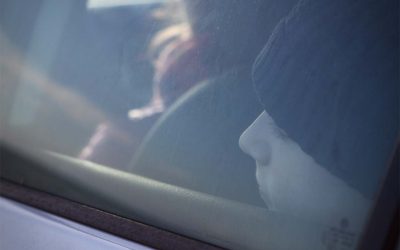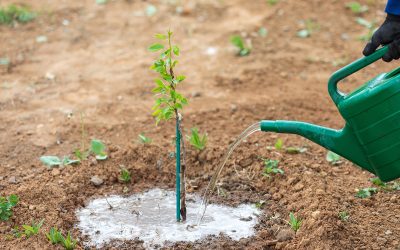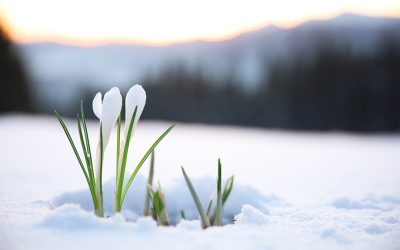Slow – A long journey home
Fran took part in the Unlock Walk this year. Here are some musings from her experience.
The service finished about 12.00. By the time we had refreshments and various meetings, I left the church about 1.00pm. There was a long wait for the bus to Lewisham, and then, as is typical, two busses came at once.
I arrived in Lewisham in time to see my next bus departing. That would mean about a 20-minute wait for the next one, so I decided to wander into the Lewisham Centre, but I knew time was tight and there was a long queue in the coffee shops, so I went back outside to catch the bus, only to see that it had already left.
Now, I am not the quickest walker, and running is a very rare occurrence. But I managed to walk all the way from Lewisham Station to the next bus stop before the bus! Maybe I should have taken notice of how slowly the traffic was going. It was going to be a long journey. Normally the 261 from Lewisham to Locksbottom takes about 45 minutes, this time it took about 2 hours! The bus crawled up Lee High Street, stood still on the approach to Grove Park, and dawdled through Plaistow Green.
Unlike our Unlock Walk, I was unable to set the pace of public transport. The bus was dependent on the flow of traffic which was ultra slow due to the London Marathon. There was nothing I could do but sit it out and read my book (I always have a book in my bag).
On the Unlock Walk, we set our own pace, stopping to take photographs, enjoying each-others’ company and the refreshments laid on by churches on the way. It wasn’t a race, and we completed the walk in about 6 hours.
Several years’ ago, our daughter did the London Marathon, while she could run around her own neighbourhood rather than the course in London. One thing I remember her talking about was the importance of pacesetting. It is tempting to set off at a sprint, but then tire out quickly. Conversely it is tempting to take the pace too slowly and then lack the impetus to change gear and speed up. We need to remember the importance of pacing ourselves. Some of us are quicker than others, everyone has a difference pace, and we should respect that.
William Leith interviewed the artist Jenny Odell in the Guardian, discussing how ‘clock time’ threatens to destroy us. We are in a constant hurry, constantly distracted and stressed, because we have become slaves to the clock. https://www.theguardian.com/lifeandstyle/2023/apr/23/clock-watching-meet-the-artist-who-thinks-time-is-ruining-our-lives
It all reminds me of a paraphrase of the 23rd Psalm by the Japanese poet, Toki Miyanshina:
‘The Lord is my pacesetter, I shall not rush.
He makes me to stop and rest for quiet intervals.
He provides me with images of stillness
Which restore my serenity.
He leads me in the ways of efficiency
Through calmness of mind
And his guidance is peace.
Even though I have a great deal of things to
Accomplish this day,
I will not fret,
For his presence is here.
His timelessness,
His all-importance
Will keep me in balance.
He prepares refreshment and renewal
In the midst of my activity
By anointing my head
With the oil of tranquillity.
My cup of joyous energy overflows.
Surely harmony and effectiveness
Shall be the fruit of my hours,
For I shall walk in the pace of my Lord,
And dwell in his house forever.’
Another Japanese theologian talked about the ‘Three-Mile an Hour God’, that God doesn’t rush, but moves at walking pace, which is about three-miles and hour. Sometimes being slow isn’t such a bad thing, we just get frustrated when we are not in control of the speed. But then, if the bus hadn’t been so slow, I wouldn’t have read so much of my book.
Maybe it’s time to stop rushing.

Fran Bellingham
Assistant Pastor
Being Baptist
As part of our bible study, we look into what it means to be Baptist. This lesson reminds us of our responsibilities as well as the historical relevance of being Baptist.
Are we there yet?
As Christians we do ask this question a lot. But what is the answer?
Working with patience
Fran uses the pear tree to illustrate why patience can often pay off
The Mothers’ Day Card
Fran talks about a card that brings back special memories
Slow
Spring is taking its time to make an appearance. What can we learn from waiting for things to happen?
God’s call to ministry
As Fran prepares for her ordination, she reflects on the journey that has brought her to this moment and how you can listen out for God’s calling
Pancakes
Shrove Tuesday means pancakes but what can we learn from this age-old custom of preparing for Lent
Compassion
This week is Compassion Sunday and Fran reflects on how the church could use this opportunity to become actors and not spectators.
Marmalade
What has marmalade got to do with God’s love for us? Fran explains all.
Verse for the year
Every year we choose a corporate verse that gives us a focal point for the year. Fran tells us what it is and how it was chosen.









